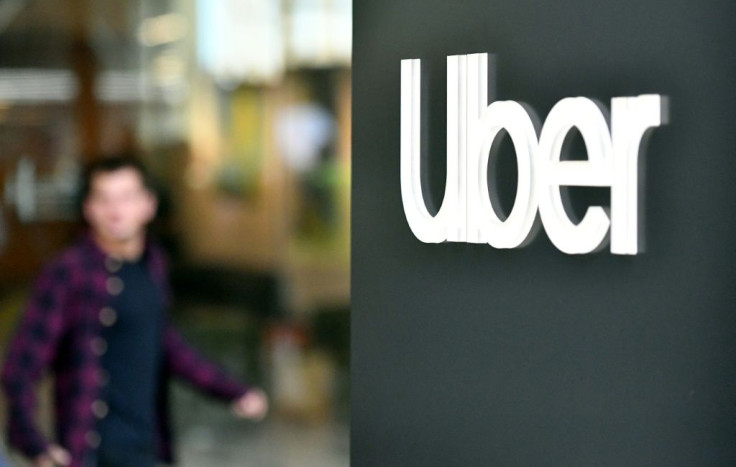As Uber, Lyft Pledge Millions In California Employment Fight, Smaller Companies Look To Kick The Door In

KEY POINTS
- Uber and Lyft have threatened a service shutdown in California over court ruling ordering them to reclassify drivers as employees
- The ride-share giants joined multiple food delivery services and pledged around $110 million to push California Proposition 22
- Smaller ride-share companies and taxi services are prepared to jump on the opening in California if service shutdown goes forward
Lyft and Uber find themselves in a tough situation in California for the foreseeable future.
The two ridesharing companies were ordered by a San Francisco judge on Aug. 10 that going forward, they would need to comply with state law AB5 that required employers in California to classify “gig workers” as employees. Friday was the deadline for the companies to categorize their California-based drivers as employees, granting them access to minimum wage, potential healthcare benefits, and time off.
Executives from both companies were not pleased with the decision, repeatedly pointing to the logistical problems the decision presents.
“We can’t go out and hire 50,000 people overnight,” Uber CEO Dara Khosrowshahi said Wednesday on the Pivot School podcast. “Everything that we have built is based on this platform that brings people who want transportation or delivery together. You can’t flip that overnight.”
Uber and Lyft have threatened a potential California service shutdown in response that could last until the November elections, with the companies putting their faith in California Proposition 22, which would make ride-share companies exempt from AB5 and effectively overturn the court’s decision.
Food delivery services like DoorDash are also pushing for Prop 22’s success after an injunction was filed by the San Francisco Superior Court on Aug. 12 on similar grounds to the Uber and Lyft court decision.
“We are seeking an immediate end to DoorDash’s illegal behavior of failing to provide delivery workers with basic workplace protections,” District Attorney Chesa Boudin told reporters. “All three branches of California’s government have already made clear that these workers are employees under California law and entitled to these important safeguards.”
DoorDash said the decision was “ill-timed” due to the coronavirus pandemic and could potentially hurt restaurants operating on DoorDash. DoorDash has subsequently joined Uber, Lyft, Postmates, and similar companies that are said to be spending over $110 million in promoting Prop 22.
Despite the shutdown threats and Prop 22 spending, the friction in California appears to have opened the door multiple startups and smaller ride-share companies are looking to jump on. One such company is Texas-based ride-share Alto, which had planned to expand into California in 2021 but now says it could be in the state as soon as November.
Alto classifies its drivers as employees, which it credits for better rider experiences and coronavirus cleaning measures.
“The reality is that having W-2 workers is actually significantly more innovative than [having] contractors in the transportation space,” Alto CEO Will Coleman told CNBC. “Fundamentally what we can control is actually the most important part of our business, which is supply. The challenge that Uber and Lyft have with independent contractors is that they have zero control over their supply.”
“We’re never going to be as quick as Uber or Lyft. In many central business districts you might be able to get an Uber or Lyft in literally seconds if not a minute or two. We don’t optimize for that. We tell our customers, look, expect us to be there in 10 minutes no matter what. And we deliver on that promise like 99% of the time.”
Other ride-share companies looking to jump on this opening include Arcade City, another Texas-based company, and San Francisco service Wingz.
Taxi companies are also looking to get in on the potential opening.
“I think what Uber has shown is that you could make a business by servicing those underserved areas. I think that if that void becomes kind of permanent, you’re going to see companies adapt and launch fleets [in those areas],” said Izzy Aala, CEO of the California-based taxi-hailing app Flywheel.
“What they’ve shown is the pie of people wanting passenger transportation was so much bigger than what they thought, like a hundred times bigger than what the taxis thought it was. They just had to be able to create a model.”
© Copyright IBTimes 2025. All rights reserved.





















